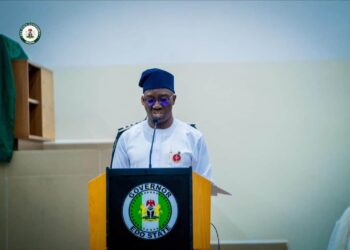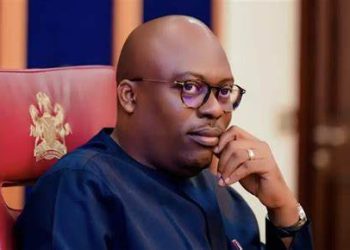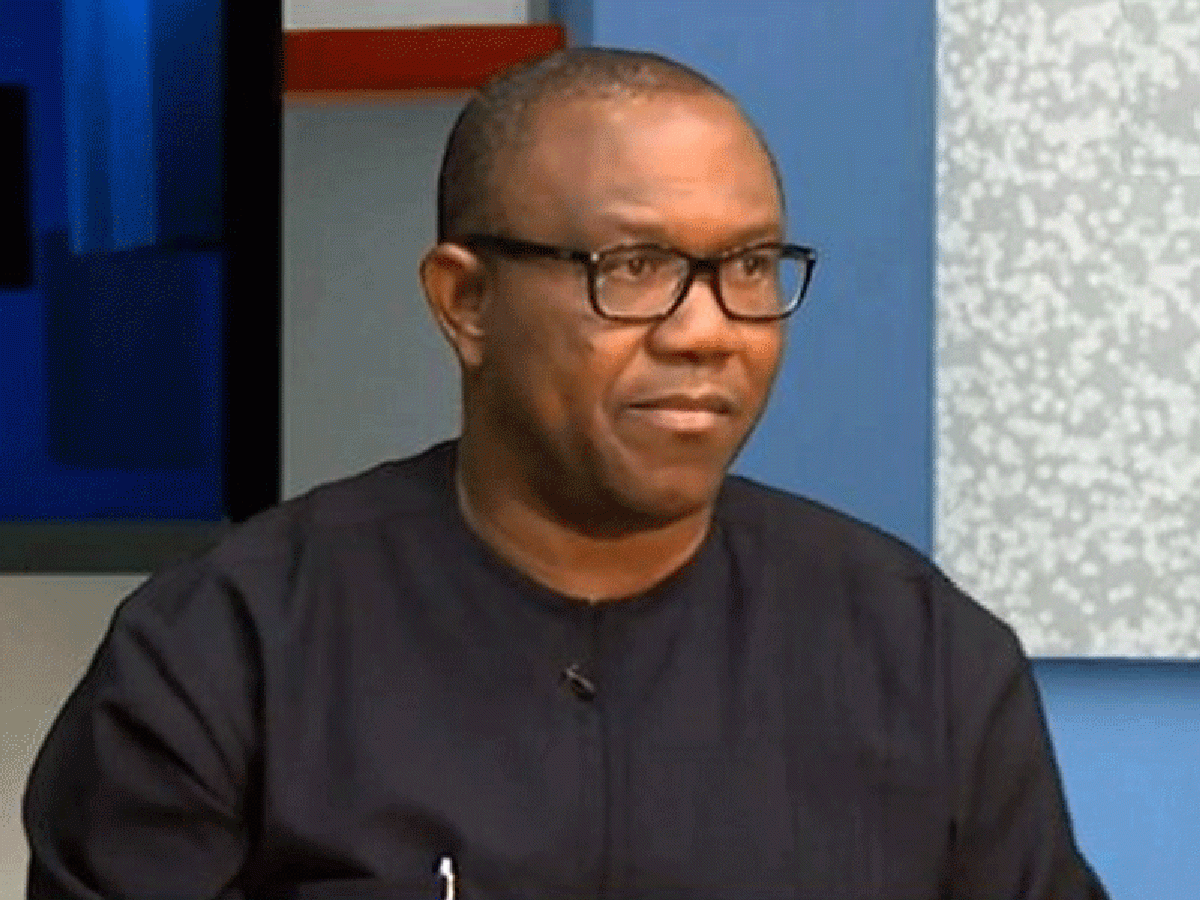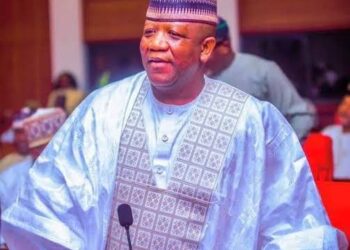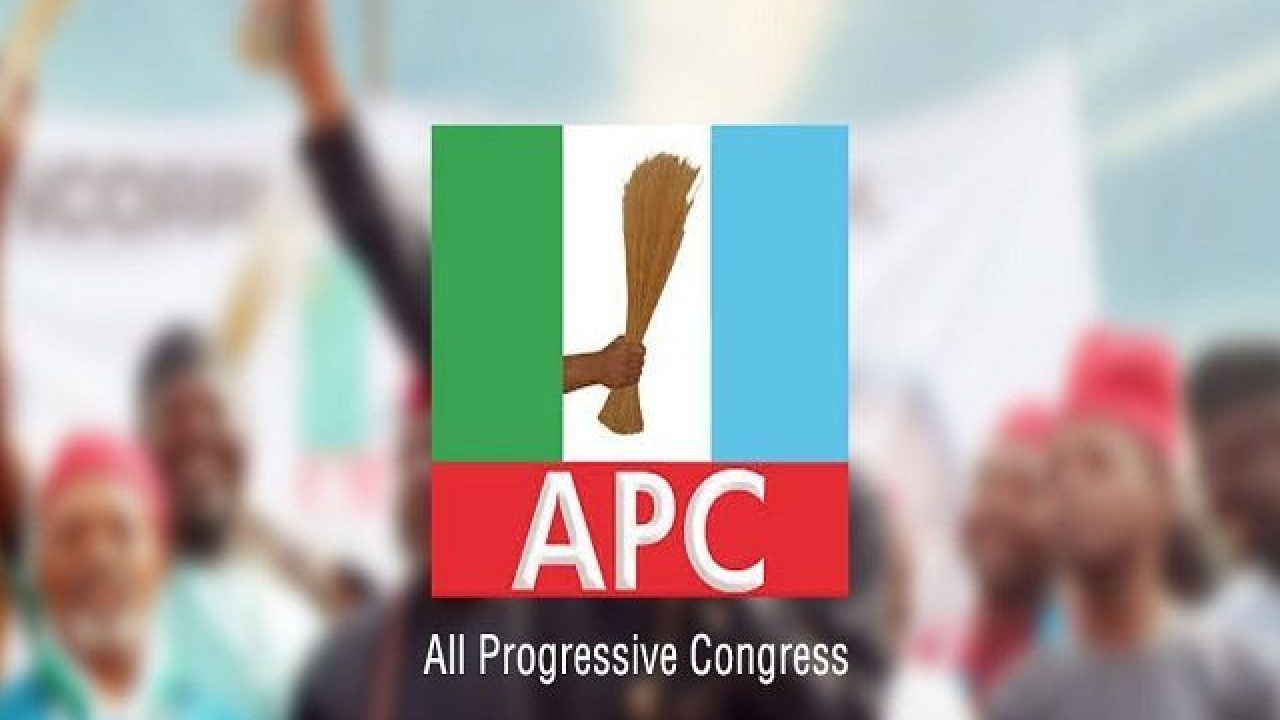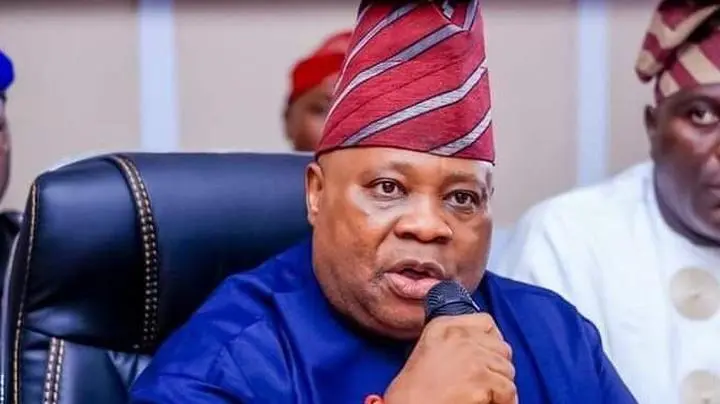Nigeria’s main opposition party faces internal upheaval following its National Executive Committee’s decision to reserve the 2027 presidential ticket for southern candidates, a move that has generated fierce criticism from key stakeholders who question both its timing and strategic value.
The Peoples Democratic Party reached this consequential decision during a heated NEC meeting in Abuja on Monday, simultaneously confirming that the party chairmanship would remain in northern hands, with Umar Damagum continuing as National Chairman until the party’s upcoming national convention.
Party officials presented the zoning arrangement as a deliberate strategy to restore the PDP’s diminished political fortunes and address internal fractures that have plagued the opposition movement since the 2023 electoral cycle. However, the decision has exposed deep philosophical differences about the party’s future direction.
The contentious nature of Monday’s deliberations reflected months of brewing tensions within PDP ranks, with competing factions struggling to define the party’s identity and strategic approach. The presidential ticket zoning question proved particularly divisive, given the bitter aftermath of the 2023 general elections when the party’s decision to maintain an open contest allowed former Vice President Atiku Abubakar to secure the nomination.
That 2023 approach triggered a significant revolt led by then-Rivers State Governor Nyesom Wike, who alongside the G-5 governors coalition, accused party leadership of abandoning rotational principles and regional balance considerations. Their opposition campaign contributed substantially to the PDP’s electoral underperformance.
Bayelsa State Governor Douye Diri, who chaired the zoning committee, presented the findings that informed Monday’s resolution. PDP National Publicity Secretary Debo Ologunagba subsequently briefed journalists on the committee’s recommendations, which party leaders hope will demonstrate their commitment to correcting past strategic errors.
The Wike faction responded with immediate skepticism about the zoning decision’s effectiveness. Lere Olayinka, serving as Senior Special Assistant on Public Communications to the FCT Minister, characterized the move as a tardy acknowledgment of arguments Wike’s camp had advanced unsuccessfully in 2022.
“Wike simply said, take the chairmanship to the South if you want to gain the presidency, but they said no, they must take the two, and the PDP lost,” Olayinka observed, arguing that the party had “gone back to eat its vomit” by embracing principles they had previously rejected.
Olayinka questioned whether the correction comes too late to be meaningful, suggesting that proper zoning implementation would require southern leadership to complete eight years before returning the presidency northward in 2031.
Former PDP presidential candidate Gbenga Olawepo-Hashim offered even sharper criticism, arguing that the southern zoning decision effectively constitutes backdoor support for President Bola Tinubu’s re-election prospects. Speaking on Channels Television, he described the zoning move as “unprecedented” in PDP history.
“What has happened today is unprecedented. PDP has never zoned its presidential ticket before. It means if you are a northerner, you find another party,” Olawepo-Hashim stated, suggesting that the decision represents a campaign strategy benefiting the incumbent president rather than genuine opposition politics.
However, PDP Board of Trustees member Ejiofor Onyia defended the NEC decision as necessary organizational restructuring. Speaking on Arise TV, he characterized the zoning resolution as evidence that “everything is falling in place” within the party structure.
Onyia dismissed Wike’s continued criticism, noting that the FCT Minister no longer holds executive positions within the PDP and therefore lacks authority to determine party direction. He emphasized democratic principles requiring majority rule while acknowledging minority perspectives.
Political analyst Dr. Nduka Odo from Peaceland University offered a more measured critique, describing the zoning decision as “cosmetic treatment” that fails to address fundamental organizational problems. While acknowledging that rotational principles align with PDP traditions dating to 1999, he questioned whether the correction arrives too late for meaningful impact.
“If that principle had been observed in 2023, the PDP would probably have been in a stronger position today,” Odo noted, pointing to subsequent party defections and the formation of alternative political movements as evidence of the PDP’s weakened position.
Speculation about potential 2027 flagbearers has already intensified, with political observers identifying governors Peter Mbah of Enugu, Douye Diri of Bayelsa, Ademola Adeleke of Osun, and Seyi Makinde of Oyo as possible contenders. Some analysts suggest Makinde may emerge as the favored candidate, while others predict the party might field South East or South South candidates specifically to undermine Labour Party candidate Peter Obi’s regional appeal.
Critics argue that with Wike’s increasingly visible alignment with President Tinubu’s administration, the zoning decision may represent a calculated strategy to maintain PDP’s organizational existence while individual governors focus primarily on securing their own re-elections.
The controversy surrounding Monday’s NEC decision illuminates broader questions about the PDP’s capacity to mount effective opposition to the ruling All Progressives Congress in 2027. With the party controlling limited governorships across the South East, South South, and South West regions, observers question whether organizational restructuring alone can restore the PDP’s competitive position.
As internal debates continue, the PDP confronts fundamental questions about its identity, strategic direction, and ability to unite competing factions around a coherent political vision capable of challenging the current administration.


